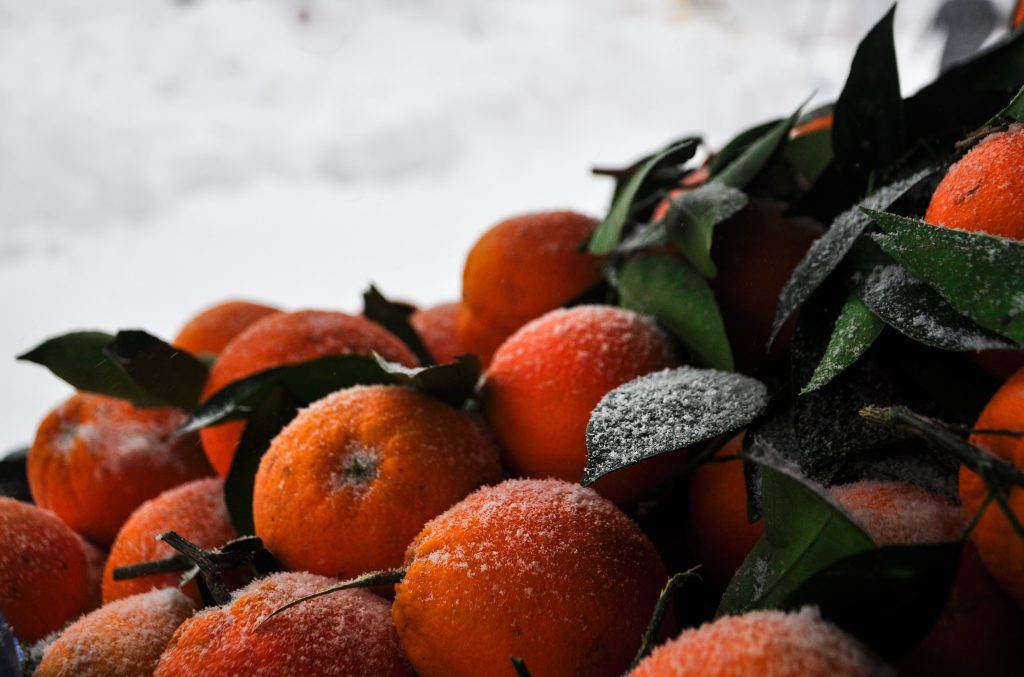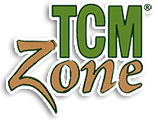Beating the Winter Blues with TCM: Herbal Formulas and Acupuncture Points

By Xiyuan “Alex” Qiu, L.Ac.
As professional acupuncturists and herbalists, you’re well aware that the winter season often brings its unique set of challenges, including the notorious “winter blues.” Many of your patients may experience a dip in mood, energy, or overall well-being during this time. Traditional Chinese Medicine (TCM) offers valuable tools to help alleviate these symptoms and guide your patients through the winter with vitality and resilience. In this blog, we’ll explore herbal formulas and acupuncture points that can assist your patients in beating the winter blues.
Understanding the Winter Blues in TCM
In TCM, the winter season is associated with the Water Element and its corresponding organs, the Kidneys and Bladder. Emotionally, the Water Element relates to fear and a lack of willpower. The winter blues, often characterized by low energy, a tendency to hibernate, and even mild depression, can be attributed to imbalances in the Water Element.
Herbal Formulas for the Winter Blues
- Si Jun Zi Tang (Four Gentlemen Decoction): This classic formula is a go-to choice for boosting the Spleen and Stomach Qi, improving digestion, and increasing energy levels. It’s excellent for patients who feel fatigued and mentally sluggish during the winter.
- Shen Ling Bai Zhu San (Ginseng, Poria, and Atractylodes Powder): This formula focuses on strengthening the Spleen and drying dampness. It’s particularly helpful for patients experiencing fatigue, loose stools, and a lack of motivation.
- Gui Pi Tang (Restore the Spleen Decoction): Gui Pi Tang is renowned for nourishing the Spleen and Heart, making it a great choice for addressing anxiety, insomnia, and emotional imbalances associated with the winter blues.
- Xiao Yao San (Free and Easy Wanderer Powder): For patients with Liver Qi stagnation and the emotional ups and downs that often accompany the winter season, Xiao Yao San can help soothe the Liver and regulate mood.
- Liu Wei Di Huang Wan (Yellow Emperor’s Inner Canon): This classic formula is helpful for nourishing kidney yin (important in the winter). This highly esteemed TCM prescription, onsists of six medicinal ingredients, categorized into three tonifying herbs and three draining herbs.
Acupuncture Points for Winter Blues
Kidney 3 (KI3) Tai Xi: Located on the inside of the ankle, KI3 is a vital point for nourishing Kidney Qi and balancing emotions. It can help address fear and boost willpower.
- Stomach 36 (ST36) Zu San Li: ST36 is known as the “Leg Three Miles” and is indispensable for boosting energy and strengthening the Spleen and Stomach. It’s a key point for addressing fatigue.
- Du 20 (DU20) Bai Hui: Du 20, situated on the top of the head, is an excellent point for lifting the spirit and improving overall mental clarity.
- Sishencong (Extra Point): Sishencong, located on the forehead, is a unique point that can help calm the mind and promote emotional stability.
TCM Lifestyle Recommendations
- Warmth and Hydration: Encourage your patients to stay warm and well-hydrated during the winter. Warm foods and beverages, such as herbal teas, can help maintain internal balance.
- Adequate Rest: Promote the importance of quality sleep to support overall emotional and physical well-being.
- Mindful Movements: Suggest gentle exercises like Tai Chi or Qi Gong to enhance the flow of Qi and combat winter stagnation.
- “Huangdi Neijing” (Yellow Emperor’s Inner Canon): This text describes the recommended self-care during winter: “In winter, during the third month, this is the time for storage and closure… Rise early and retire late, ensuring exposure to sunlight… Avoid cold and seek warmth… This is the response of winter qi and the way to nurture storage.” Therefore, patients should be advised that during winter to avoid rising too early and engaging in overly strenuous activities as vigorous exercise in cold conditions may increase the risk cardiovascular issues.
The winter blues may be a common experience, but with the wisdom of TCM, you can provide your patients with the tools they need to navigate this season with resilience and vitality. By incorporating herbal formulas, acupuncture points, and lifestyle recommendations tailored to their specific patterns and symptoms, you can help your patients beat the winter blues and emerge from this season feeling rejuvenated and balanced. Your expertise as a professional acupuncturist or herbalist plays a pivotal role in guiding them through the winter blues with the wisdom of TCM.


 Kidney 3 (KI3) Tai Xi: Located on the inside of the ankle, KI3 is a vital point for nourishing Kidney Qi and balancing emotions. It can help address fear and boost willpower.
Kidney 3 (KI3) Tai Xi: Located on the inside of the ankle, KI3 is a vital point for nourishing Kidney Qi and balancing emotions. It can help address fear and boost willpower.